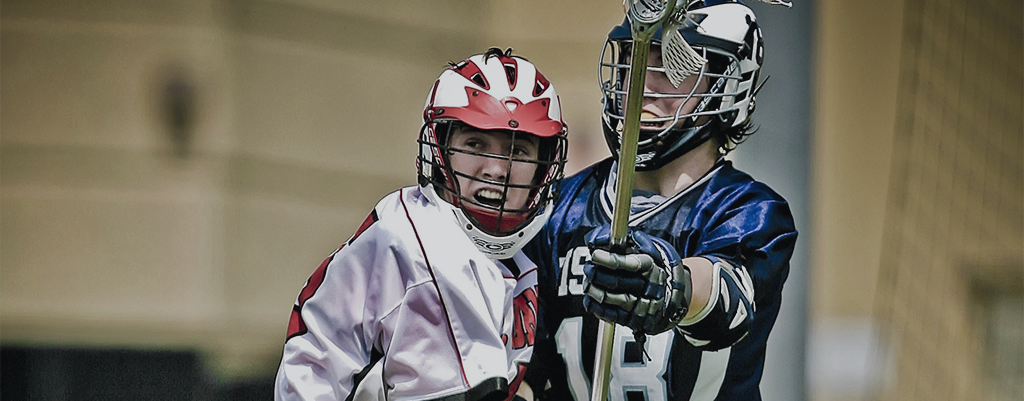The Covid-19 pandemic has taken a toll on student athletes mental health and well-being. Although, the pandemic has altered aspects of life for many, the student athlete population has had a particularly challenging time. These young women and men have had to manage the effects of advanced isolation, the stress of their academic course load, as well as the fear of contracting the virus. All this while living, training, and playing in new and altered formats.
Declining Mental Health
The NCAA conducted COVID-19 well-being surveys in the spring and fall of 2020 to determine what effects the pandemic was having on student athletes. The group surveyed included Division I, II and III students living on and away from campus. During both semesters, athletes reported greater mental exhaustion, which included symptoms of anxiety, hopelessness, and depression. Further, those already at higher risk for mental health issues reported greater anguish on the surveys.
What was troubling to find was that during the pandemic, mental health concerns were reported at a rate two times higher than the NCAA had seen in any of their previous surveys. Athletes noted particular factors that negatively impacted their mental health over both semesters. The top factors were:
- Concern for their academic progress (43 percent)
- Lack of access to sports (33 percent)
- Concerns about the virus (31 percent)
- Financial worries (24 percent)
More concerning statistics from the spring survey showed that more than one-third of the 37,658 athletes involved described having sleep difficulties. With more than one-quarter having experienced feeling sadness or a sense of loss. While one in 12 reported feeling “so depressed it has been difficult to function constantly or most every day.”
The Virus and School Life
A major contributor to the struggles student athletes faced was their constantly changing environment. The 2020 spring semester saw a veritable avalanche of restrictions and limitations to athletic activity. This was primarily due to state and school-imposed restrictions on athletic activity. Although, many school-imposed restrictions were lifted in the fall, helping to provide relief and increased access to athletic activities.
For many student athletes, the pandemic had them feeling concerned for their academic future. Few athletes were upbeat about their efforts in keeping up with their schoolwork, across both the spring and fall semesters.
In addition, the virus has had many athletes feeling less optimistic about their graduation and career. More than 60 percent of seniors felt the pandemic negatively impacted their career planning. While 18 percent of senior men and 12 percent of senior women said they had to delay their graduation date and nearly half of all seniors lost or opted out of an internship because of the virus.
Student athletes’ mental health challenges
Even before the COVID-19 pandemic, the student athlete population faced significant mental health challenges when compared to their non-athlete counterparts. With the pressures to perform at a high level both on and off the field, being an athlete can be incredibly taxing on a student’s mental health. Unfortunately, most athletes don’t reach out for help when their injuries are not visible.
With young adults, especially college athletes, the statistics are startling. Thirty-three percent of all college students experience significant symptoms of depression, anxiety, or other mental health conditions. Among that group, less than one in three seek help. Further, when looking at college athletes with mental health conditions, only one in 10 seek help.
Improving student athlete access to mental health care
There’s a need to address the elephant in the room. Student-athletes are at a higher risk to conceal their mental health issues when compared to their peers. Whether symptoms manifest as stress, eating disorders, burnout, or depression and anxiety, student athletes need to know the warning signs and how to get the help they need.
In addition to focusing on destigmatizing mental health care, student athletes need to understand the signs of mental-health difficulties. Which can include:
- Changes in sleep patterns
- Not eating well
- Mood swings
- Inexplicable under-performance
- Long stretches of apathy
- Decline in academic performance
- Social isolation
Further, it’s imperative that they have multiple options to find the help they need. That’s why our Intercollegiate Sports Coverage and Student Health insurance programs are designed to improve accessibility of care, aid in the quality of care, and improve outcomes.
CareConnect, part of our exclusive Complete Behavioral Health Solution, is available on Wellfleet Intercollegiate Sports plans. The integrated program provides student members easy access to licensed behavioral health clinicians 24/7, 365 days a year.
Learn more about the benefits of Wellfleet’s Intercollegiate Sports Coverage.





